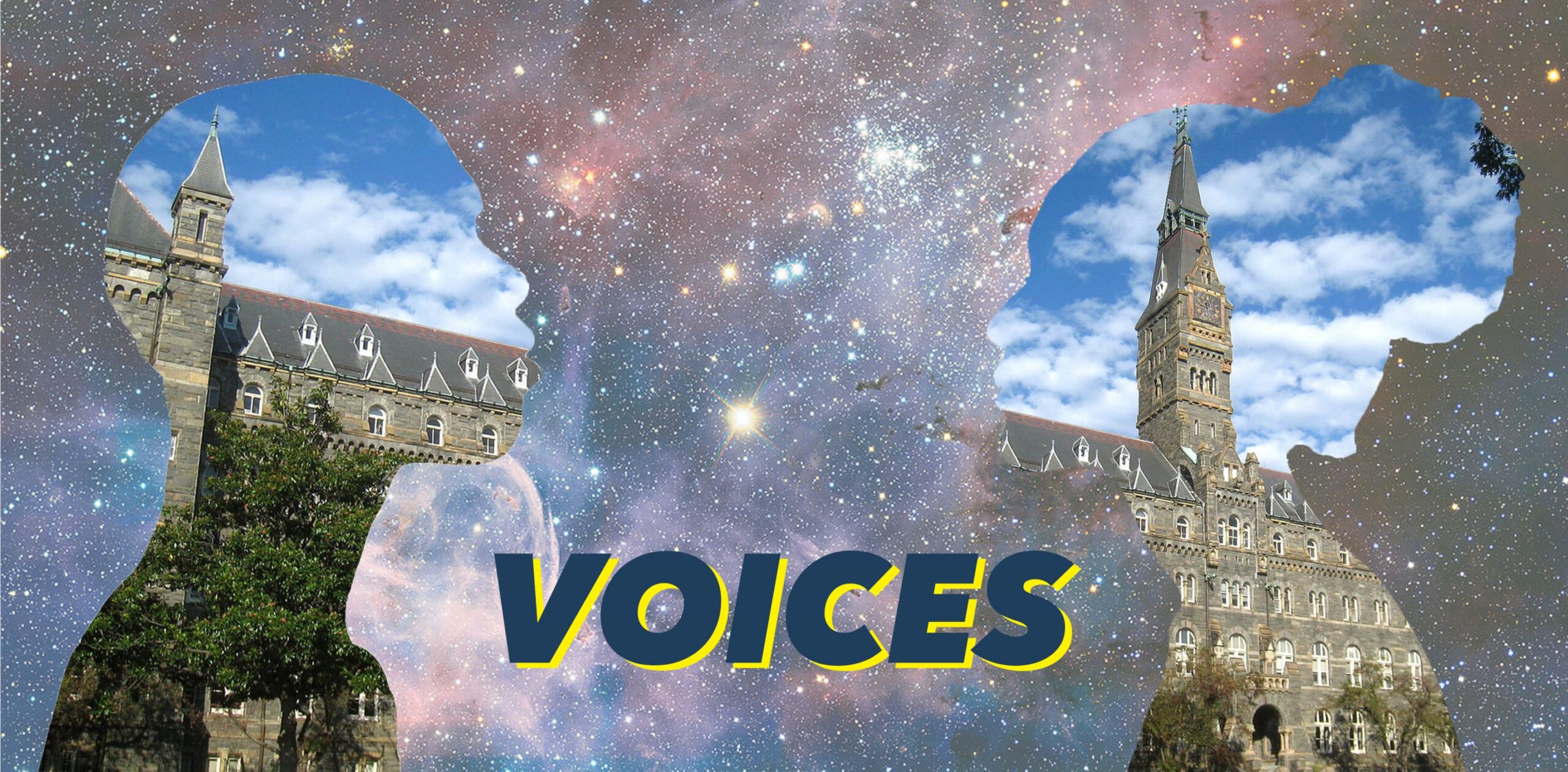For the past seven years, Syria has been filled with carnage beyond the imagination’s reach. The headlines—about sarin gas, refugees fleeing in hoards never before seen, and children, covered in blood, quietly taking in these scenes—persist. Over the course of the last eight days, more than 500 civilians have been killed outside of Damascus, and some 400,000 remain trapped in Eastern Ghouta, a place the United Nations has dubbed “hell on earth.” This hell once meant something different to me.
I am the daughter of Syrian immigrants, and was raised in the suburbs of Philadelphia. I spent every other summer living with my large, boisterous family in my parents’ childhood homes. Two weekends ago, my father’s hometown of Jisreen, in Eastern Ghouta, was dealt a final obliterating blow by government forces. So, too, went an aunt, and some cousins. I say “some” cousins because I do not know who lives and who does not.
I have absorbed this information from afar—from the Facebook feeds and Twitter accounts of young activists and cousins who could not escape. They put their lives in danger to the same extent in posting these stories as when buying loaves of bread on the street.
I do not pretend to share their experiences, and I struggle to share their stories. Similarly, it is difficult to voice my own perspective, though I have always been held to be some sort of “expert” on Syrian, Muslim, and Arab culture. When I was in fourth grade, my classmates and neighbors asked my opinion on the September 11 attacks and why Arabs and Muslims (interchangeable for them) hate women and love violence. Throughout college, professors and classmates alike solicited my opinions, as a supposed authority, on ending the civil war. This summer, I interned in the United States Senate; there, too, I fielded similar questions, as numerous Executive Orders were released excluding Syrians from entering this country.
Here is what I know:
- Syrians are united by food and family. My grandmother taught me to show love by placing the bread in the center of the table. Damascus, as I know it, smells like decorated cookies and sizzling lamb on a spit.
- The Arabic language contains phrases other than “jihad” and “Allahu Akbar.” It is beautiful and melodic. No matter your religion, the perfect intonation and curling words of the call to prayer will strike you like a Da Vinci painting.
- Syria was once more than ash. Just outside of Damascus, my aunt owned a small ranch where I would stay for weeks on end. During the sweltering desert daytime, we would rest. Close to dusk, she would send me to pick figs and berries from the trees. The berries would stain my hands, always, in marvelous reds and blues.
- Syrians are caring without limit. They greet friends with kisses on the cheeks, and call them “habibi.” They fight but make up loudly and sincerely. Ask a Syrian for permission to enter their home, and they will not refuse you.
I share this because, though I do not know the solution to ending the brutality, we must not forget the beauty that is found in Syria. Especially for those who watch from afar, we must remember to pass along what is good. We must remember that Syria is worth saving—that Syrians are worth letting into our countries and into our homes.






